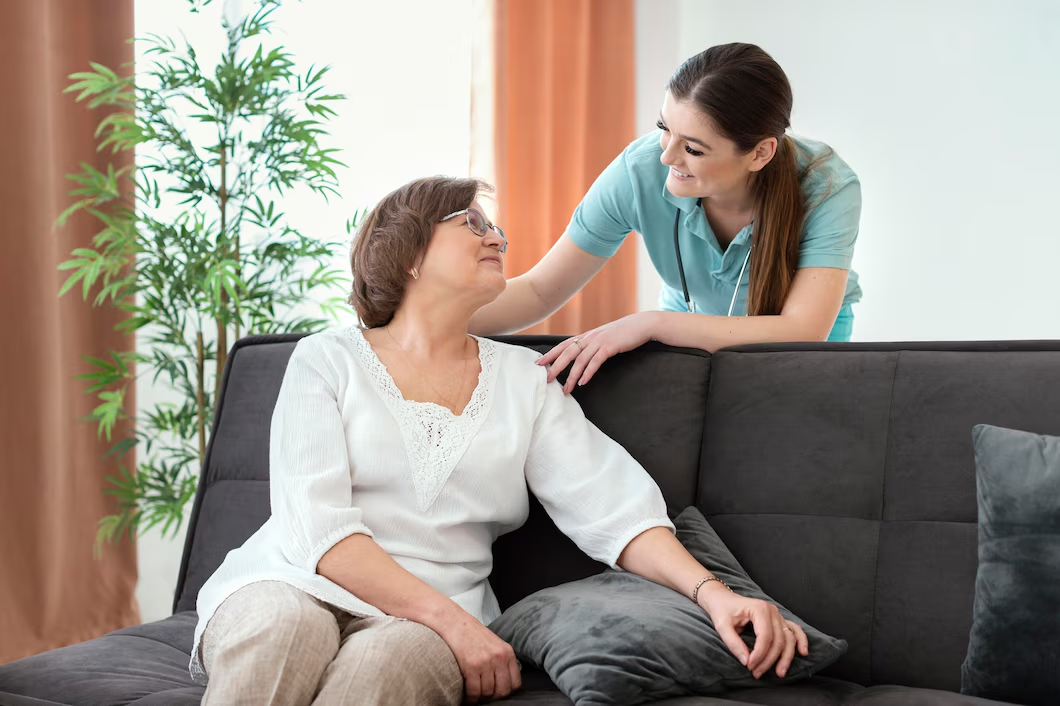Living with a disability often means facing daily challenges that many people overlook. Everyday tasks such as bathing, grooming, or preparing meals can become difficult without the right support. In such cases, personal care services play a vital role in promoting independence, dignity, and safety. These services are not just about addressing physical needs, but also about enhancing confidence, emotional well-being, and social inclusion. With proper care, individuals can enjoy a balanced and fulfilling lifestyle.
Understanding Personal Care Support
Personal care includes tasks such as bathing, dressing, grooming, eating, and medication reminders. These are everyday activities that many take for granted but can be challenging for those with mobility, sensory, or cognitive difficulties. Providing structured personal care services reduces stress for individuals and their families, while maintaining comfort and a sense of routine.
Why These Services Matter
Disability can impact a person’s ability to manage their personal hygiene and health needs safely. Without reliable care, risks such as falls, infections, or neglect increase. Professional caregivers are trained to understand specific needs and provide practical help in a safe, respectful manner. They also promote independence by encouraging individuals to do as much as possible on their own, only stepping in when necessary.
Types of Assistance Available
Support can take many forms, and listing these helps to see the broad scope of care.
- Physical assistance with bathing, dressing, and grooming.
- Health-related assistance, such as medication reminders and mobility support.
- Nutritional support with meal preparation and feeding assistance.
- Companionship, which prevents isolation and boosts emotional well-being.
Together, these services ensure safety, health, and emotional stability for individuals with disabilities.
Role of Families and Carers
Families often carry a heavy responsibility in supporting loved ones with disabilities. However, constant caregiving can lead to fatigue and emotional strain. Personal care workers bridge this gap by sharing responsibilities, allowing families to focus on emotional bonds rather than only physical assistance. Trained carers also bring professional expertise that relatives may lack, such as safe transfer techniques and knowledge of adaptive equipment.
Supporting Independence and Confidence
For many, independence is just as important as physical support. Carers encourage participation in daily routines, even if tasks take longer to complete. This support allows individuals to maintain confidence and self-worth. For example, a carer may assist with buttoning a shirt but will enable the person to brush their own hair. These small choices promote autonomy and personal dignity.
Accessibility and Customisation
No two people living with disability have the exact needs. Some require round-the-clock care, while others only need short visits. Service providers tailor packages to suit personal preferences, medical conditions, and cultural backgrounds. This flexibility enables individuals to access care that suits their lifestyle, rather than having to adjust their lives to rigid systems.
Expanding Support with Home-Based Solutions
Beyond physical care, many people benefit from structured support within their homes. The following examples show how home help care services extend everyday independence:
- Light housework to keep the home safe and clean.
- Shopping assistance to ensure essentials are always available.
- Meal planning and cooking to promote healthy eating.
These small but vital tasks improve comfort and create a more secure living environment.
Social Inclusion and Community Connection
Carers also support individuals in connecting with their community. This can make daily life more engaging and socially rewarding.
- Attending medical appointments and health check-ups.
- Joining social events, clubs, or group activities.
- Taking part in learning programmes or classes.
Each of these helps individuals stay socially active, preventing isolation and improving overall well-being.
Future of Personal Care Support
The demand for care services continues to grow as awareness increases and families seek professional assistance. Advances in technology, such as smart monitoring systems and adaptive devices, are also playing a growing role in enhancing safety and independence. Combining human support with practical innovations offers people with disabilities greater freedom and reassurance.
Conclusion
Care for people with disabilities goes beyond physical help; it empowers individuals to live fully and independently. With trained carers providing personal care services and extended home help care services, families gain peace of mind while individuals receive essential support. Together, these services reduce risks, promote social inclusion, and encourage personal confidence. A thoughtful approach to care ensures that disability does not prevent anyone from experiencing dignity, safety, and the chance to live life on their own terms.
